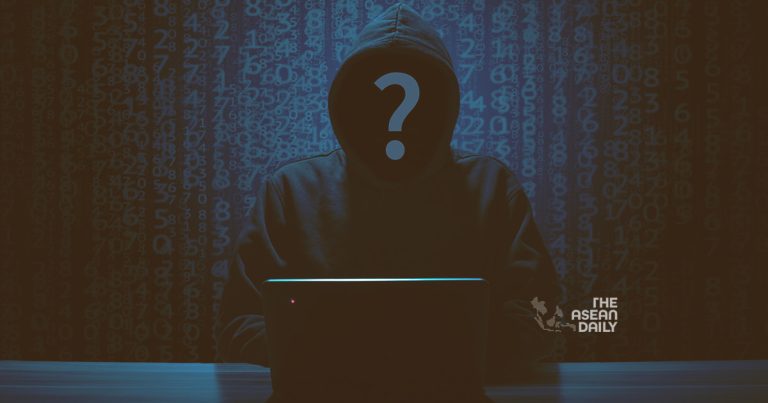22-2-2024 (BEIJING) Chinese law enforcement is actively probing a substantial leak of documents from the private security contractor I-Soon, affiliated with China’s top policing agency and various government entities. The leaked records expose alleged hacking activities and espionage tools used against both Chinese citizens and foreigners. The comprehensive dataset encompasses contracts, marketing presentations, manuals, and lists of clients and employees. I-Soon, with connections to the Ministry of Public Security, stands accused of surveilling dissidents abroad, hacking foreign networks, and championing pro-Beijing narratives on social media.
Targets of I-Soon’s tools include ethnic groups and dissidents in areas of China marked by anti-government protests, such as Hong Kong and Xinjiang. The verified leak, confirmed by I-Soon employees, outlines hacking operations in Central and Southeast Asia, Hong Kong, Taiwan, and the dissemination of pro-Beijing content on platforms like Twitter.
The leak raises significant concerns and prompts questions about the methods used by Chinese authorities, particularly regarding their surveillance of dissidents and hacking endeavors targeting foreign nations. While the source of the leak remains unknown, both Chinese police and I-Soon are actively investigating. The leak is considered highly impactful, revealing detailed techniques of cyber espionage and intrusion services for Chinese security services.
Jon Condra, an analyst with Recorded Future, described it as the most significant leak linked to a company providing cyber espionage services for China’s security services. The leaked material indicates that I-Soon targeted governments, telecommunications firms abroad, and online gambling companies in China.
The leaked documents also unveil I-Soon’s involvement in hacking networks across Asia and its efforts to control social media narratives. The revelations come amid growing international concern over Chinese state-sponsored cyber activities targeting dissidents and foreign entities. The leak, while posing operational challenges for I-Soon, has yet to disclose its source.
Experts suggest that the leak could be the work of a rival intelligence service, a dissatisfied insider, or even a competitor. The leaked documents demonstrate I-Soon’s close ties to China’s security apparatus, including the Ministry of State Security and the People’s Liberation Army. The data indicates extensive targeting, encompassing ethnic minorities, NGOs, and think tanks across various countries.
While the Chinese government has not officially commented on the leak, analysts believe it could further strain international relations, especially with countries whose governments and entities were targeted by I-Soon.




